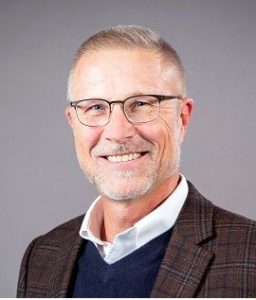Department of English Language and Literature
Center for North American Studies and
Centre for Language Research
invite you all to a public lecture
“Writing a True Story: Narrative, Truth, and the Experience of Writing”
by
Dr. Robert P. Yagelski,
University at Albany, SUNY, U.S.A.
The lecture will take place on 5 October 2022
in room 60 at 12.30 pm
and via Zoom.
About the lecturer:
Robert P. Yagelski is the Dorothy G. Griffin Professor of English Education. He was also Founding Director of the Program in Writing and Critical Inquiry, which he helped establish in 2013 as part of UAlbany’s new General Education program and directed until 2022.
He has taught courses in writing, composition theory and pedagogy, critical pedagogy, qualitative research methods, and the history of rhetoric. Professor Yagelski served as director of the Capital District Writing Project, a site of the National Writing Project (2003 – 2017).
His recent research focuses on understanding the ontological dimensions of writing and the transformative capacity of writing, with an emphasis on the connection between writing and well-being. He has also studied formal error in the writing of adolescent students and the analytical strategies college students employ in their writing.
Professor Yagelski is the author of Writing as a Way of Being: Writing Instruction, Nonduality, and the Crisis of Sustainability (Hampton Press, 2011), Literacy Matters: Writing and Reading the Social Self (Teachers College Press, 2000), numerous articles, and several writing textbooks.
About the lecture:
This lecture examines the importance and the challenge of trying to write true stories about our experiences in the world. We tell stories about ourselves, about each other, and about the past in order to make sense of our experiences and to find purpose in our lives. However, the relationships among writing, truth, and storytelling are complicated and vexed; moreover, memory, on which we rely to construct stories about our lives, is unreliable and contingent. This talk will explore these complexities and propose that the truth we identify in our stories might reside in the experience of writing those stories rather than in the stories themselves.


